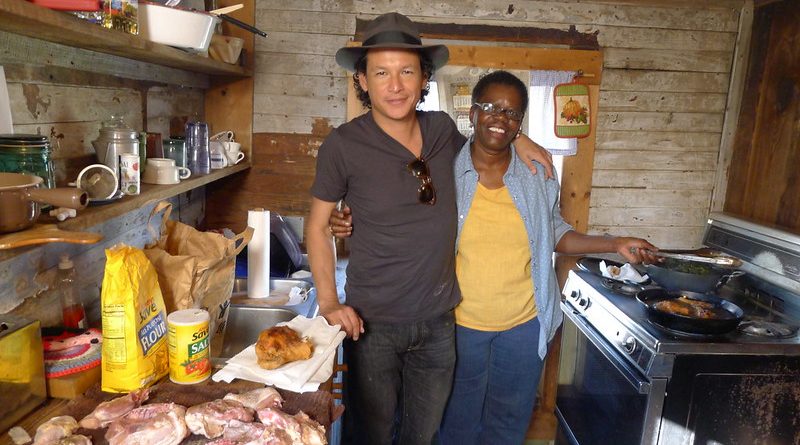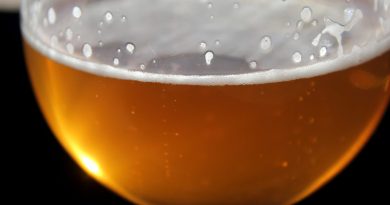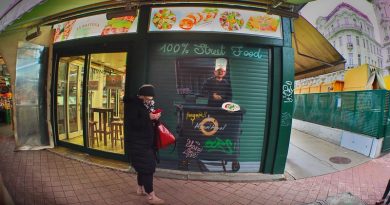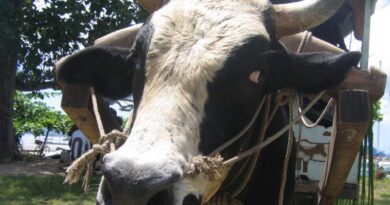The Food of the Deep South
America’s Deep South: also known as the Barbecue Belt, and the home to Creole Cuisine. The food here is a cultural mash-up of mostly French, West African and Spanish influence that speak to the land’s much larger history of slavery and immigration.
The vibrant and complex culinary scene here, is one that in our pre-COVID universe, attracted thousands of tourists, inspired numerous films, television shows, and podcasts all conveniently primed for (lockdown) consumption. Essential consumption, I might add, in their blatant reminder that America is, at its core, a nation of immigrants. Its diversity is something to celebrate in its own right, and not to Anglicise.
Depending on which State you find yourself in, the flavours will invariably differ, given the specific cultural and colonial presences here. Where Louisiana, home to the Queen of Creole Cuisine, the late Leah Chase, is remarked for its gumbos and Po’Boys—fried seafood that is dressed on a ‘pillowy crumb of a New Orleans-Style French roll’—Georgia is famous for its grits. This is essentially a porridge made from boiled cornmeal.
Interesting to note that whilst each dish is marketed as a State ‘delicacy’, one continued to be enjoyed (high and low) by the masses, they were both borne from poverty. The po boy, short for the ‘poor boy’ was first served in 1929 out of a coffee stand following the Wall Street Crash; a recession simultaneous with a strike taking place for streetcar drivers in New Orleans. The sandwich was dolled out to strikers free of charge, considered fuel for the working-class. Grits, as food writer, Erin Buyers Murray elaborates in an entire book dedicated to the stuff, were likewise a staple for many poor southern families, corn being both cheap and a King Crop easy to harvest in the region.
Even within single States, dishes commonly served can widely range. The ingredients that are readily available to towns in comparison to cities has in some cases contributed to the separation of entire cuisines. I am thinking mainly of the Cajun/Creole divide. The latter depending heavily on tomato as a cooking base, a luxury historically belonging solely to the urban folk.
Lest we forget the place of BBQ, that much like religion and football, bears a cult following unrivaled by anywhere else in the country (maybe Texas, a State which hangs just on the periphery of the lines demarcating South/Deep South). Here, regional nuances can be detected in the type of meat: pork, beef, chicken and sauces used. Within these, heat and acid find themselves constantly pitted against each other in national competitions and cook-offs; the lists for which are endless. For many, barbecue is a way of life. This applies to both those involved in its preparation, a long and laborious process that involves several hours of ‘smoking’ the meat, and also to a ‘joint’s‘ or institution’s loyal customers, for whom such places tend to offer a great source of comfort and community pride.
Recommended reads:
The Dooky Chase Cookbook, Leah Chase
Deep South: New Southern Cooking, Brad McDonald
Grits: A Cultural and Culinary Journey Through the South, Erin Byers Murray
Black, White, and The Grey: The Story of an Unexpected Friendship and a Beloved Restaurant, Mashama Bailey and John O. Morisano
Louisiana Cajun Magic Cookbook, Paul Prudhomme
Pilot’s Deep South Recipes
Cajun Pork and Smoked Sausage Jambalaya
Fried Catfish with Fried Green Tomatoes and Grits
Connexions
Person: Burnell Cotlon
Place: New Orleans
Cotlon is a former Army Veteran and resident in New Orleans’ Lower 9th Ward—one of the districts hid hardest by Hurricane Katrina (2005). Recovery from this, especially for brown and black communities, has been slow. As not-for-profit Story Corps observed, nearly ten years after the natural disaster, the neighbourhood still did not have a single grocery store.
Cotlon was the local hero who sought to change this, establishing the Lower 9th Ward Market in an empty abandoned lot. The concept of a ‘food desert’—in what is largely considered to be one of the world’s greatest food cities strikes as odd; but such inequity—as recent events, if not America’s long twentieth century have shown—is not a new phenomenon in the Deep South.
During the pandemic, Cotlon has continued to support his neighbours providing fresh produce as well as take-out and laundry service through his store space. He is a reminder of the power of community, but more than that, as cities are and will be forced to adapt their designs, how promoting greater accessibility to food that is both fresh and nutritious, is pressing.
Call to Action: Cotlon has a GoFundMe page for those who wish to support his dreams of expanding the market and the services that he can provide to the community. Top Box Foods is also a wonderful non-profit that similarly works hard to tackle food insecurity in New Orleans. Find out more about volunteering opportunities available on the HandsOn website.
Product: The Amazon Prime docuseries Regular Heroes shares more details of Cotlons’ mission and story, whilst also spotlighting other key actors working the front-lines during COVID-19.
By Ines Cross




